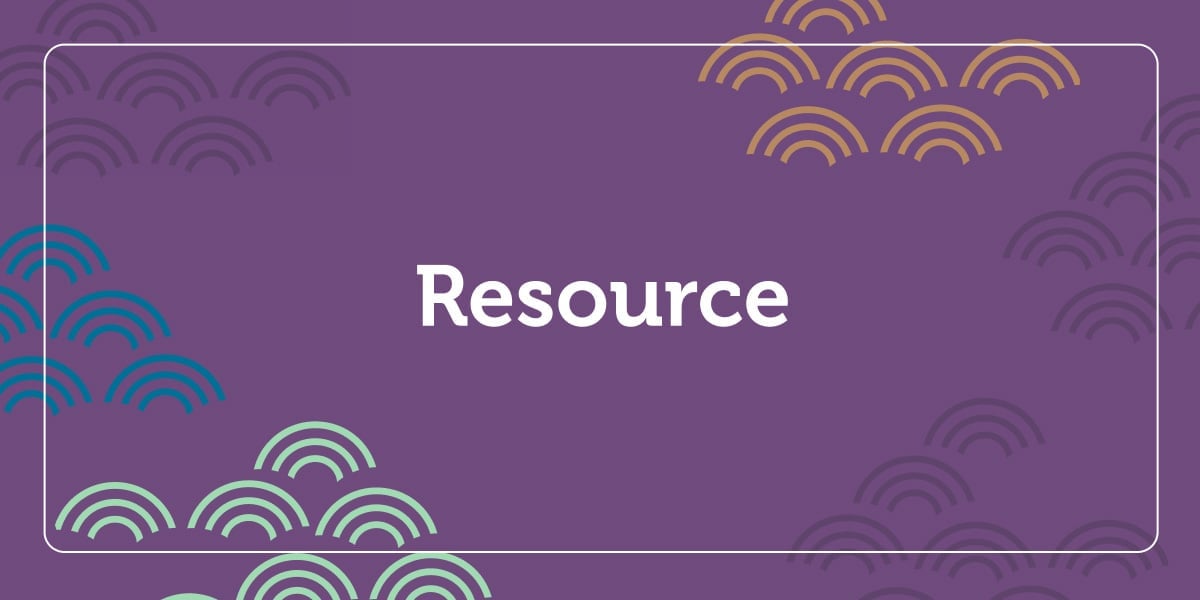Teaching New Skills and Fostering Independence
December 5th, 2017 | 3 min. read

Kindergarten is just around the corner for Pre-K children! As teachers of four-year old children, one of your primary considerations is how to best prepare the children in your classroom for their transition to kindergarten. Your school, your director, and local and federal licensing agencies all place a variety of requirements on you, so the activities and projects that you plan advance this readiness goal every day.
Frequently, you may hear questions from families about how best to prepare their children for the next step into kindergarten. Kick-Start Kindergarten Readiness by Allison Pepper offers a variety of developmentally appropriate learning activities that you can send home to families each week so they can participate in their child's learning and can reinforce concepts and skills you are introducing in school. Each activity has been designed to help adults at home spend time on a specific play-based activity with their children. Learning comes naturally to children-- they are curious, notice detail, and love to ask questions. Each activity gives families ways to support that innate curiosity.
Doing Household Chores Together
Families, invite your child to join in with you as you do housework! While it might take you a bit longer to complete some of the tasks, it's a great way to spend time together. As you do simple household tasks, your child will increase his or her vocabulary, learn to follow directions, and increase his or her fine and gross-motor skills. What could you do together? How about wash dishes, sort and fold laundry, sweep the floor, or pick up and put away toys? As you work narrate everything that you do so your child understands the steps and learns the correct words to describe the activity. Consider what household chores you could do together easily, and get going!
What to Do
- Think of some household tasks in which you can cooperatively engage your child. Consider, for example, sweeping the kitchen floor
- Ask your child to help you. Show him how to hold the broom and how to move it across the floor to gather up the dirt
- As you work together, talk about what you are doing. For example, use position words such as under, behind, and over, e.g. “Dirt likes to hide under this rug. Let’s sweep under it.”
- Be sure to compliment your child on working so hard and helping out around the house
What Your Child is Learning
With every chore, there are vocabulary words to learn, steps to accomplish the task, and attention to detail. With even the smallest task, your child will learn to work cooperatively. Encourage your child to talk about what you are doing, and have conversations about not only the task but also why it is necessary. Your child will gain increased self-esteem as he or she learns that he or she is a capable and helpful member of the family.
What the Research Says
Multiple studies support the idea that children learn vocabulary in social contexts and interaction with others. Through exposure to oral language, children develop listening comprehension, vocabulary, and language skills.
Self-Help Tasks
Preparing for kindergarten includes several areas of readiness for "big kids" school. One important area is self-help tasks. These include being able to dress themselves, put on their shoes, eat independently, and use the bathroom without assistance. Families, although we work on many of these skills at school, it is helpful for your child when you also reinforce these self-help tasks at home. Encourage your child to do some self-help tasks for him- or herself, such as putting on his or her own coat. Let your child practice zipping the zipper or buttoning the buttons; don't assist unless you can see that he or she is becoming too frustrated. Ask your child to show you how he or she does it at school -- you may be surprised at all your child can do!
What to Do:
1. Observe your child in the following tasks:
- Eating: Can she eat independently? Can she carry her plate to the sink?
- Dressing: Can your child dress herself? Can she put on her shoes? Can she put on her coat, mittens, hat, etc.?
- Personal hygiene: Is your child independent in the bathroom? Does she wash her hands independently?
2. After observing your child, create a mental list of areas in which she needs assistance with these daily tasks.
3. Help your child become independent in these self-help areas. Be specific in giving instructions. Encourage your child when she is having difficulty, and praise her successes. Be patient!
What Your Child is Learning
Your child will begin to develop independence, confidence, and self-control.
What the Research Says
Researcher Janell Montroy and colleagues have asserted that early behavioral self-regulation is an important predictor of the skills children need to be successful in school.
Author(s)Alison Pepper
Ashleigh Craven has a decade and a half of diverse category experience from agency communications to athletic apparel to automotive to education, developing and executing communication strategies in both traditional and social media. She has supported national product launches and corporate events for the likes of Soffe, Buick, Chevrolet, Wake Forest University , Kaplan, and others. She has an BA from the University of Michigan in English and Communication Studies and an MA from Wake Forest University, where she focused her studies on argumentation and presidential rhetoric and speechwriting. She served as director of marketing for Gryphon House from 2017- 2020.